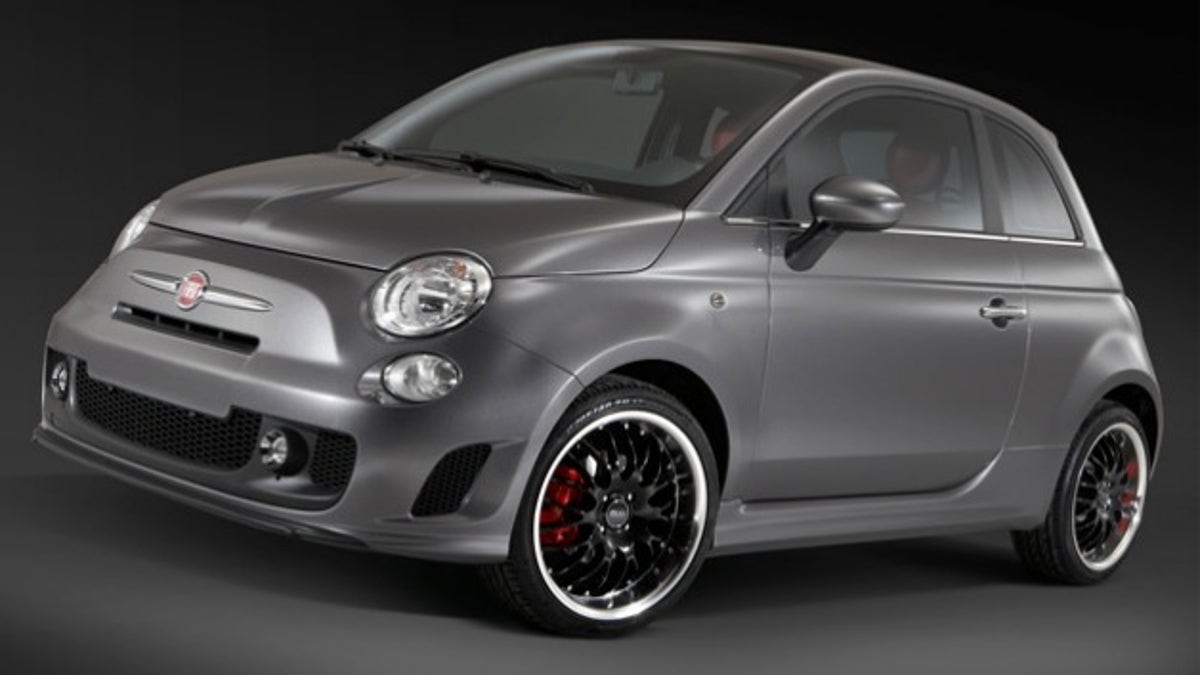
Fiat 500 Elettra (Fiat)
DETROIT -- Chrysler Group LLC has withdrawn a long-stalled application for a $3.5 billion low interest loan from the US Department of Energy to fund research and tooling to build more fuel-efficient vehicles.
"The DOE's proposed terms were very restrictive and compliance would have negatively affected our operational flexibility," a Chrysler spokeswoman said Thursday without providing details.
The move is a personal blow to CEO Sergio Marchionne, who won favor with the Obama administration after he agreed to take control of Chrysler during its 2009 bankruptcy and merge it with Fiat SpA, providing a fresh infusion of management during its darkest period.
In January, US Secretary of Energy Steven Chu, on the floor of the North American International Auto Show in Detroit, said the discussions over the fate of this loan were continuing. Chu said he had met with Marchionne earlier that month to discuss the application, which was submitted in 2009.
Chu then said the DOE was concerned about making the right investments and dismissed speculation that he was under political pressure not to approve the loan.
"We are looking at the loan on its merits, and we are talking to Chrysler," Chu said in an interview with The Wall Street Journal in January.
"There are pressures for and against but, in the end, we have to look at what will be good for America's workers and for the American car industry, and do what we were charged to do. Chrysler has bounced back, and they are making this transition from selling just SUVs and trucks to also cars."
Earlier this month, Chrysler reported its first full-year profit since emerging from its 2009 bankruptcy as the automaker increased its world-wide shipments and nabbed a bigger piece of the US market. It earned $183 million for 2011 including a loss on extinguishing debt held by the US and Canadian governments, compared with a loss of $652 million a year earlier.
A year ago, General Motors Co. withdrew a request for $14.4 billion in low cost Department of Energy loans after deciding it didn't need the money leaving only Ford Motor Co. and Nissan Motor Co. to receive any financial support. Ford received $5.9 billion while Nissan was awarded $1.4 billion.